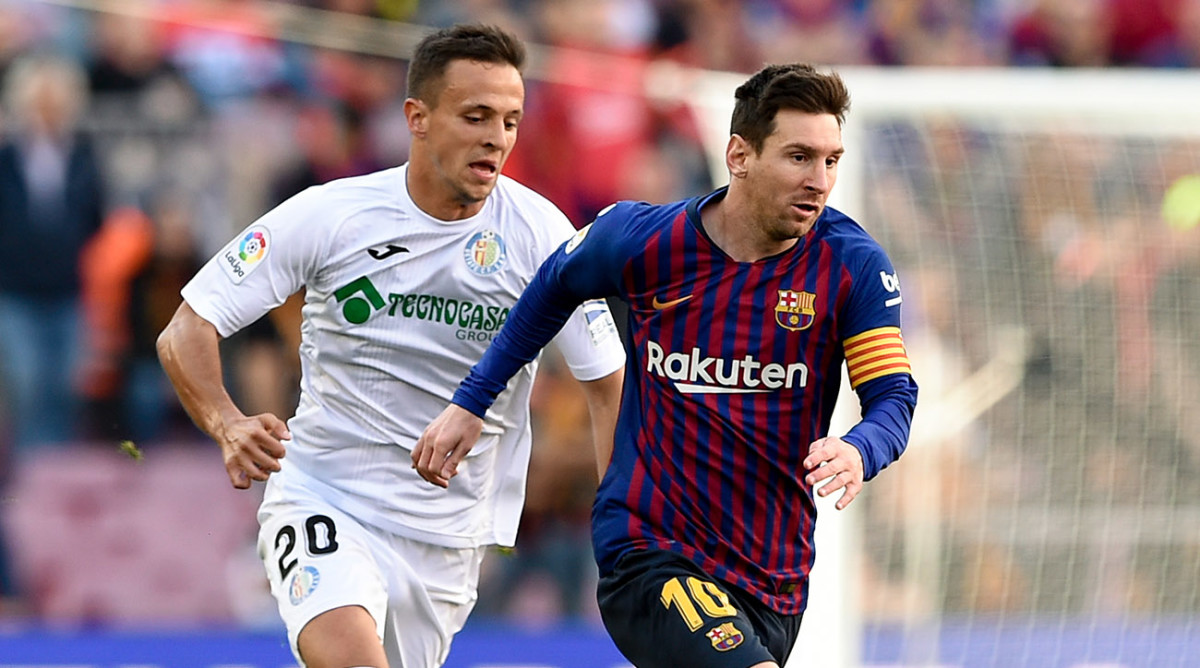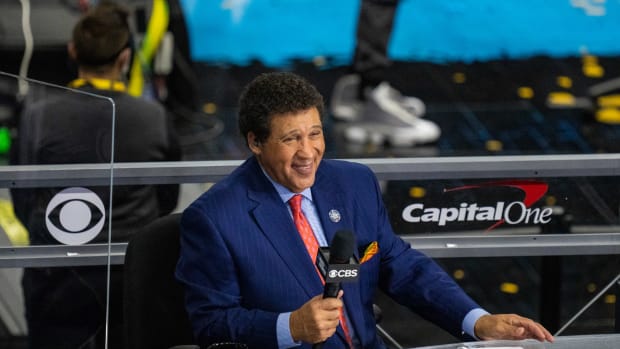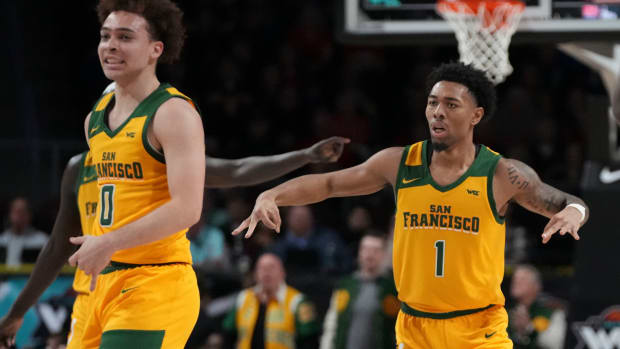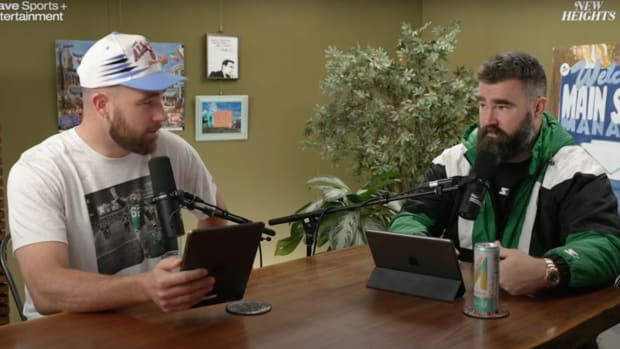Massive La Liga Fine Just the Beginning of Sports Media’s Newest Battle

Forget cops and robbers. Sports media’s newest battle pits spies against pirates.
This week, Spain’s top soccer league, La Liga, was fined €250,000 ($280,000) by the country’s data protection agency for monitoring its Android app users’ microphones and locations without proper approval. The league countered the penalty by saying it had in fact expressly asked for user opt-in, adding that its app only logged a sound signature rather than any recognizable audio. And it was all for a noble cause, officials claimed.
The Shazam-like feature was designed to imperceptibly identify bars playing league games, pairing the geographic information to see whether the establishment had paid to license the content or was showing it illegally. This March, 600 Spanish bars and restaurants were accused of pirating matches.
“This is such a heavy-handed thing to do; it’s remarkable they care that little for their customers that they’d turn them into unwitting agents of surveillance,” Stanford privacy professor Albert Gidari said. As for how the tactic would hold up in the U.S., Cal-Berkeley law professor Paul Schwartz said he’d expect a similar rebuke.
If an analysis found the behavior to be outside the bounds of user expectation, it doesn’t matter if it is outlined deep in fine print, he said, the Federal Trade Commission still has the power to rule the practice deceptive and/or unfair. Those were the words the FTC cited in forcing VIZIO to pay $2.2 million in 2017 after the TV maker was found to be tracking viewing data.
La Liga’s anti-piracy efforts won’t be stopping anytime soon. In the past, a dedicated league department has developed technology to track and catalog online homes of illegal content. It’s enlisted Google, Facebook, and Twitter to help its efforts—even meeting with White House officials to discuss possible protections. To understand the motivation, just compare the €250,000 fine La Liga now faces to the €400 million it says it loses every year because of piracy.
Officials have even framed the fight on competitive grounds, saying La Liga’s ability to keep up with England’s Premier League depends on its ability to get people to pay for its product. For its part, the UK has been aggressive routing out illegal viewing too. In March, three streamers there were sentenced to a combined 17 years of jail time.
The cat and mouse game now playing out across shut down subreddits and sketchy link sites is the result of two facts of the internet. First, it’s easier than ever for people to find high-quality illegal content. Second, it’s easier than ever for companies to track users’ every click. Unfortunately for La Liga, at the moment, privacy is much more of a cause celebre than their precious intellectual property.





